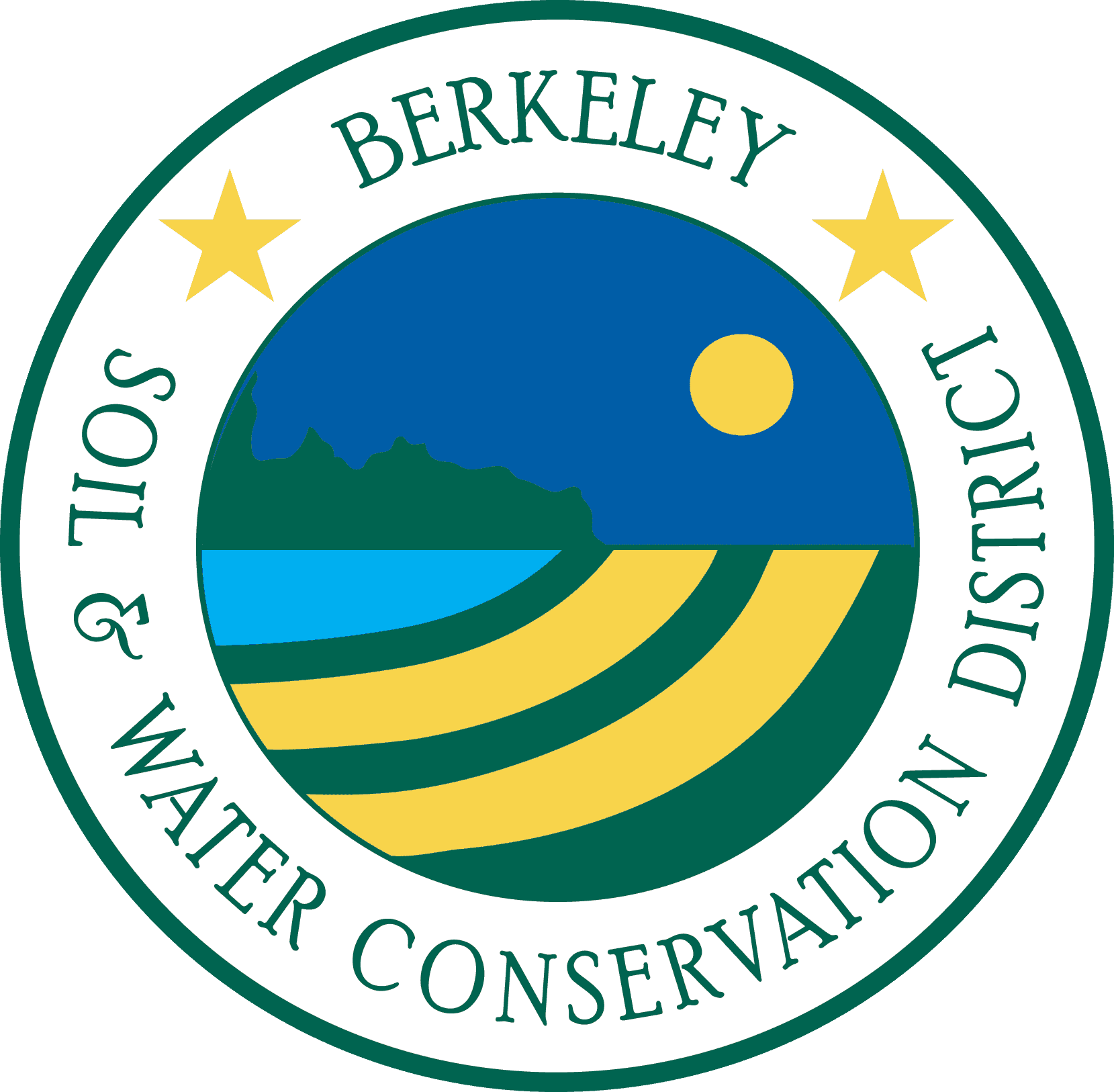
BE A PART OF THE SOLUTION – MAKE A DIFFERENCE
As teenagers, you may feel helpless and powerless, unable to take action, or do things that really make a difference, since governments and large corporations are the ones making vital decisions. While major changes are only possible if countries and corporations alter their policies and actions, we as individuals also have the potential to make a difference, whether through small actions, or larger initiatives. Let’s not forget that consumers dictate markets, and they can significantly impact the way goods are produced and traded if they decide to change their consumption habits. Negative trends in ecosystems conservation indicate that we need to do a lot more.
Three ways in which you can take control of your future, and protect our environment and ecosystems:
1. Start Your Own Initiative or Volunteer with Environmental Organizations
Whether it’s something small like starting a community clean-up group or building a large social organization with significant reach and impact, taking initiatives for environmental conservation can go a long way. There are many successful youth-led environmental organizations that are leading by example today. However, if you’re not up to it, you can also make an impact on the environment by getting involved with local non-profits and assisting environmental community groups. There are several ways in which you can get involved, from running online awareness campaigns, to offering practical help.
2. Save Resources
Did you know that only 0.03% of the 70% of water available to us is freshwater? That’s why saving water is so important for freshwater ecosystems. By doing simple things like taking shorter showers, avoiding small clothes washes, and turning your taps off while brushing, you can save gallons of water! Similarly, it’s important to be mindful of your electricity consumption, and make adaptations so that you can reduce the demand for energy production and thereby preserve fossil fuel resources. While public and private entities plan the transition to sustainable alternatives, by doing our bit at homes and offices, we can reduce fossil fuel dependency.
3. Only Buy What You Need
Lastly, think about your purchasing habits. Do you buy too many products? Can you do without some of the things that you often buy? Are you being a responsible consumer? Simply buying more because of tempting offers or discounts will actually cost us and the environment more. Whether its groceries, clothes, accessories or home products, by purchasing only what you need, you reduce the amount of waste generated, and thus pollution. Remember, natural resources are limited, our excessive consumption can be counter-productive. And how many of these “things” end up in the landfill?
